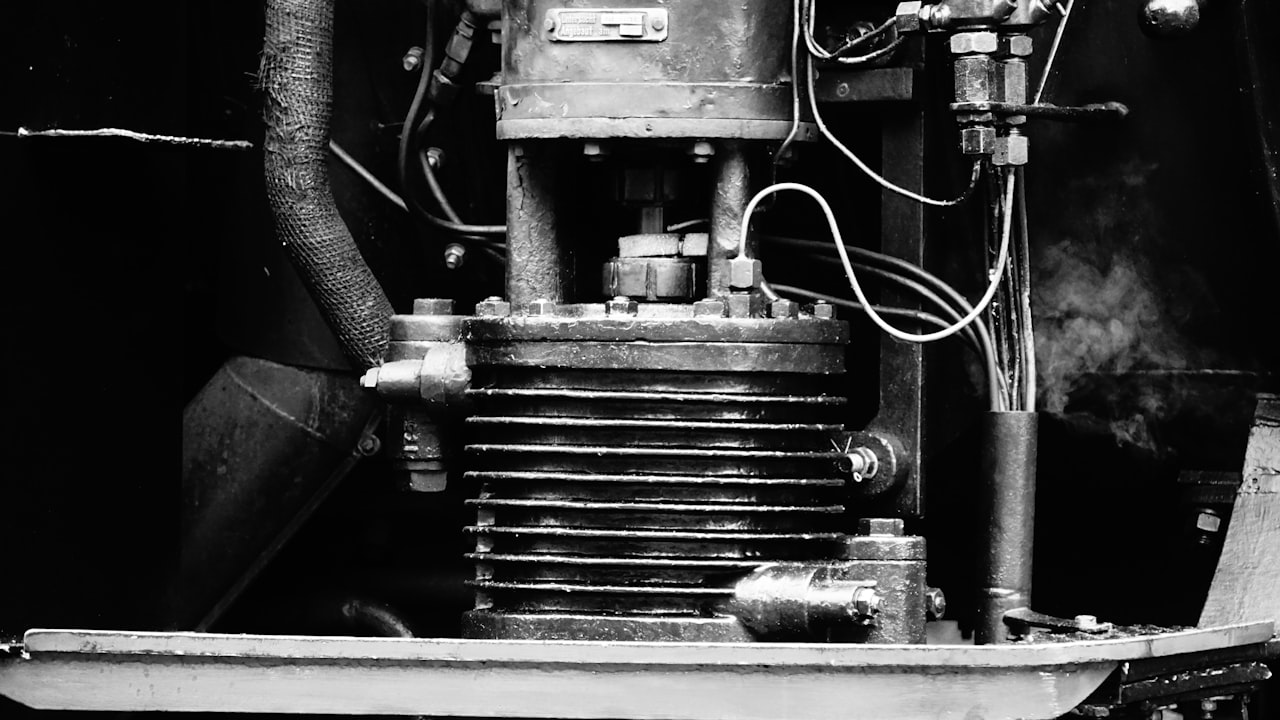Title: The Role of Pharma Machinery in Modern Drug Manufacturing
Pharmaceutical machinery plays a pivotal role in the modern drug manufacturing process, enabling pharmaceutical companies to produce medications efficiently and accurately. Among the essential equipment in pharmaceutical manufacturing are the table press machine and capsule filling machine, such as the Tablet Press Machine (TDP) and the High-speed Double Rotary Tablet Press (THDP).
The formulation of drug compounds is a critical stage in the drug manufacturing process, and the table press machine is a key player in this phase. Tablet Press Machines like the TDP are used to compress powdered drug formulations into solid tablets of uniform shape and size. These machines are designed to exert precise pressure on the powders, ensuring that the tablets are compressed to the desired specifications for consistent dosing.
Another important aspect of drug manufacturing is the encapsulation of medications, and the capsule filling machine is instrumental in this process. Capsule filling machines are used to encapsulate medications in capsules, providing a convenient and efficient dosing form for patients. The High-speed Double Rotary Tablet Press (THDP) is a popular choice for encapsulating medications, as it can handle high volumes of production while maintaining accuracy and quality.
In addition to formulation and encapsulation, pharmaceutical machinery is also involved in packaging and labeling operations. Automatic packaging machines are utilized to package medications into various types of containers, such as bottles, blister packs, and pouches. These machines ensure that medications are properly sealed and protected for distribution to patients. Labeling machines are also essential for applying product information, dosage instructions, and barcodes to the packaging, ensuring compliance with regulatory requirements.
Furthermore, advancements in technology have led to the integration of automation and robotics in pharmaceutical machinery, enhancing efficiency and quality in drug manufacturing. Automated systems can streamline production processes, reduce human error, and improve overall productivity in pharmaceutical manufacturing facilities. Robotics technology is also utilized for tasks such as material handling, sorting, and inspection, further optimizing the manufacturing process.
In conclusion, pharmaceutical machinery, including the table press machine, capsule filling machine, TDP, and THDP, plays a crucial role in modern drug manufacturing. These machines enable pharmaceutical companies to produce medications with precision, efficiency, and consistency, meeting the demand for high-quality pharmaceutical products. By leveraging advanced technologies and innovations in machinery, pharmaceutical manufacturers can continue to enhance drug manufacturing capabilities and contribute to improved healthcare outcomes for patients worldwide.

 Title: The Role of Pharmaceutical Machinery in the Modern Medicinal Industry
Title: The Role of Pharmaceutical Machinery in the Modern Medicinal Industry



